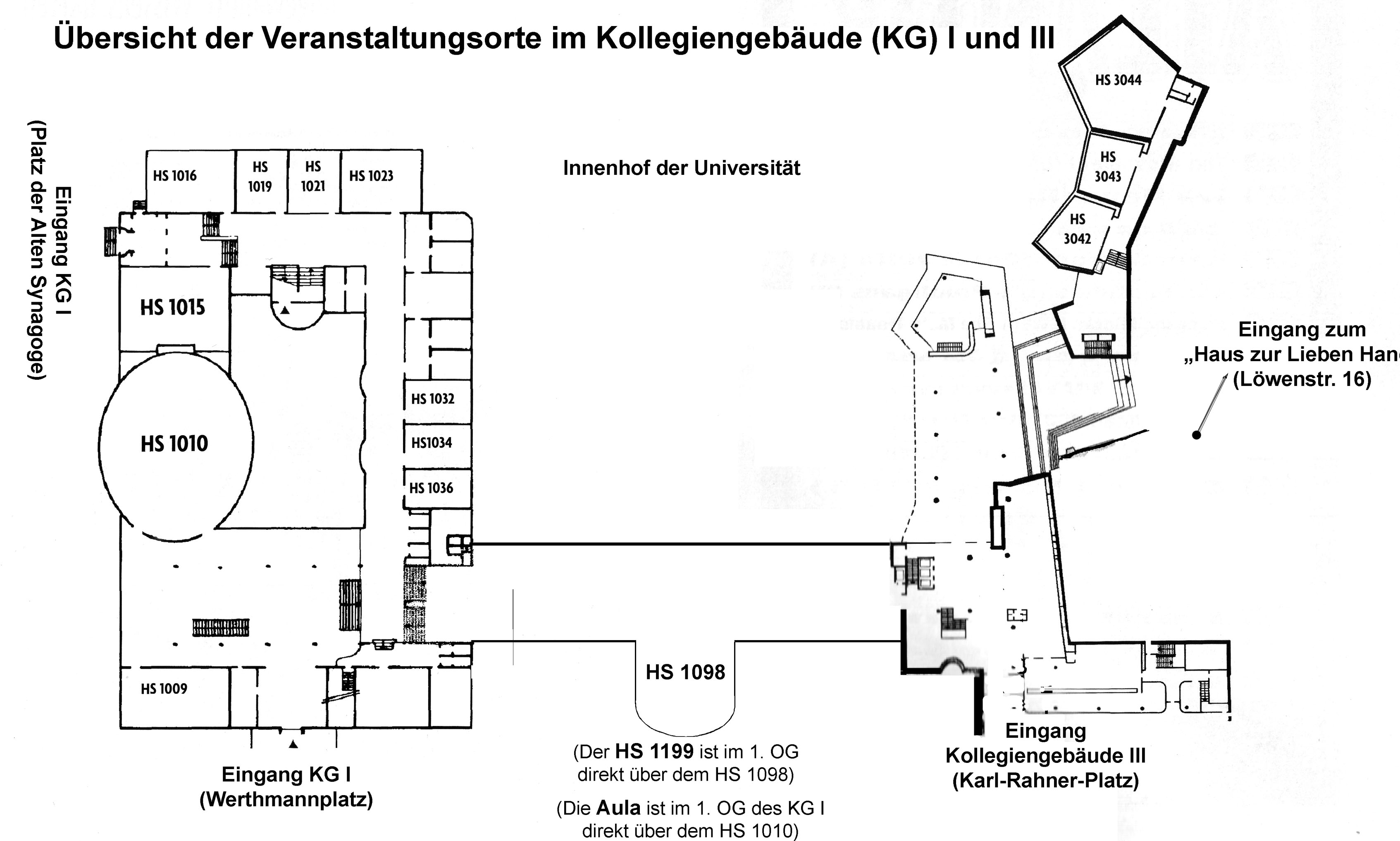Miniworkshop on Optimization and Control of Wind Energy Systems
Wednesday, July 30, 2025, 8:30 - 17:00
KG 1, HS 1016
As part of the Wind Energy Course, and supported by the University's Centre for Renewable Energy (ZEE), we welcome to Freiburg a number of guest lecturers describing the Optimization and Control of Wind Energy Systems.
If you would like to join, and you are not a student of SS2025's Wind Energy Systems, please register here!
Program
The program consists of three talks:
Control of wind turbines: From the basics to intelligent operational management strategies
Dr. Axel Schild (RE Technologies GmbH - Senvion India)
Wind turbines are complex technical systems whose efficient and safe operation depend to a large extent on intelligent control. This lecture provides a comprehensive introduction to the fundamentals and advanced concepts of wind turbine control. Starting from the basic aerodynamic principles, the central control objectives - maximizing the energy yield while minimizing the mechanical loads - are explained. Students learn about the key control variables such as the pitch angle of the rotor blades and the generator torque as well as their interaction in different operating ranges (partial load and full load operation). In addition, insights are provided into current research topics and future challenges, such as active adaptive load reduction and the role of wind turbines in the provision of grid services to stabilize the power grid. [90 min]
The Research Wind Farm WiValdi and Advances in Model Predictive Control for Wind Turbines and Farms
Antje Dittmer (German Aerospace Center DLR / Hamburg Uni. of Technology)
This is a two-part lecture: In the first part, the Krummendeich research wind farm WiValdi, which went into operation in 2023, is presented. WiValdi currently consists of a meteorological measurement mast, a three-mast array and two multi-megawatt Enercon turbines. A third turbine, rated at 0.5 MW, is currently under construction. Researchers will have access to blade pitch, generator torque, and yaw controls on all three turbines.
In the second part of the lecture, the application of real-time Model Predictive Control (MPC) for both wind turbine and wind farm control is discussed, with proof-of-concept validations demonstrated in simulations. For wind turbines, where mechanics and aerodynamics are well understood, a quasi-Linear Parameter Varying (qLPV) model is designed based on first principles and used in a quasi-Linear MPC (qLMPC) scheme. For wind farm control, where airflow between turbines is influenced by wake effects, a data-driven MPC is used. This control algorithm leverages ideas from Koopman theory. The lecture concludes with an outlook on planned research activities in WiValdi. [90 min]
Spatio-temporal variability of wind resources – long-term and small-scale challenge
Prof. Dr. Dirk Schindler (Umweltmeteorologie, Uni. Freiburg)
Understanding the spatio-temporal variability of wind resources is essential for the efficient planning, integration, and operation of wind energy systems. While large-scale patterns and seasonal trends are relatively well characterized, small-scale variations, especially over longer time periods, remain a significant challenge for both researchers and practitioners. These localized fluctuations, influenced by complex terrain, land use changes, and atmospheric dynamics, can lead to substantial uncertainties in energy yield assessments and grid integration strategies. This presentation explores recent findings on the long-term behavior of wind resource variability at fine spatial resolutions, highlighting approaches for high-resolution modeling and long-term analysis. [60 min]
Schedule
| 08:30 - 10:00 | Axel Schild | |
| 10:00 - 10:15 | Coffee | |
| 10:15 - 11:45 | Antje Dittmer | |
| 11:45 - 12:00 | Coffee | |
| 12:00 - 13:00 | Dirk Schindler | |
| 13:00 - 14:00 | Speaker Lunch after Workshop (speakers are invited, all others are welcome with self-payment) |
Logistical Information
Location
The mini-workshop will take place in the ground-floor room HS-1016 of building KG 1. This is the first room on the left, when you enter KG 1 from the Platz der Alten Synagoge (opposite the black glass building of the University Library).

Food and Refreshments
There will be a Speaker-Lunch (self-payment for everyone but the speakers) after the workshop, at Haus zur Lieben Hand (Löwenstraße 16). The restaurant will be vegan-friendly.
